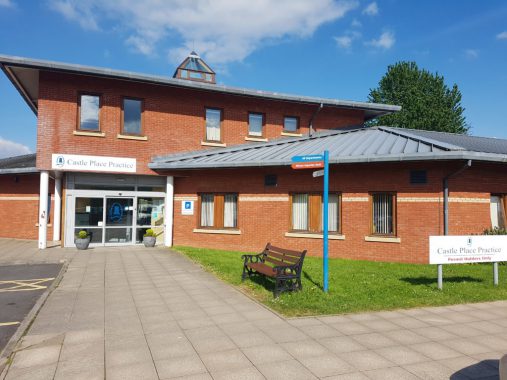Foundation trusts in GP practice takeovers as partners resign contracts

Two further GP practices have seen partners opting to hand the reigns to local hospital managers, the latest in a series of such takeovers.
A hospital trust in the North of England, which has just taken over its sixth GP practice, has spoken about its ‘determination to increase its number of GP surgeries’.
Meanwhile, in the South, a practice has handed its contract to the local trust because GPs no longer want to be partners.
The 2,500-patient Peeler House Surgery in Hessle, East Riding, is the latest practice to come under the control of the Humber NHS Foundation Trust.
The trust also runs Field House Surgery in Bridlington, the Chestnuts and Hallgate practices in Cottingham, Market Weighton Group Practice, and Northpoint Medical Practice in Bransholme, Hull.
Julia Harrison-Mizon, Humberside NHS Foundation Trust’s director for primary care, community, children and learning disabilities, said: ‘We’re delighted to welcome Peeler House to the Trust.
‘Its acquisition strengthens our position in the provision of primary care and is further evidence of the trust’s determination to increase its number of GP surgeries.’
Jon Duckles, the trust’s head of primary care, added: ‘Our aim is to keep the surgery’s “local” feel while ensuring it benefits from the advantages we can bring.’
The trust added that all of its GP practices are now rated ‘good’ by the CQC, following Field House Surgery being upgraded from ‘required improvement’ last month.
But Pulse has reported that the trust was forced to offer a salary of £130,000, plus bonus and indemnity, to fill an empty GP position in the practice, which NHS England asked it to take over after two previous providers had handed back its contract in two years.
Peeler House Surgery is already rated ‘good’ by the CQC.
Meanwhile, a 15,000-patient GP practice in Tiverton has asked to be taken over by the Royal Devon and Exeter NHS Foundation Trust, due to a lack of interest from younger GPs in joining the partnership.
Dr James Squire, GP managing partner at the Castle Place practice, which is already co-located with the hospital, told Pulse: ‘We are a happy and successful partnership and are very patient centred with continuity of care being core to our practice.
‘We have managed to replace retiring partners with salaried GPs but these GPs do not want to become partners and so we are thinking ahead before there are any further changes.’
Following the takeover – which the parties said was the first of its kind in Devon – GP partners will continue to perform similar leadership roles but their contractual status will be salaried, and the practice’s current PMS contract will remain in place.
Dr Squire said: ‘The remaining partners see themselves first and foremost as GPs rather than business owners and we feel that this move will enable us to concentrate on our clinical work.
‘We will aim to take a wider and longer-term view of the needs of our area and trial new ideas, and being salaried gives us the security and confidence to do this.’
Royal Devon and Exeter NHS Foundation Trust chief executive Suzanne Tracey said: ‘
‘This is the future of healthcare and we want to help create the conditions which enable communities to take the lead.
‘We envisage working with our partners in some exciting and different ways and this proposal initiated by Castle Place practice is a great opportunity for us to work together with GPs to develop more proactive care which keeps people well and independent in their communities.’
Are GPs migrating to a salaried model?
Other hospital trusts to take over GP practices in recent years have included the Royal Wolverhampton NHS Trust, which is soon to have a 70,000-patient practice list; Southern Health NHS Foundation Trust; as well as Northumbria NHS Foundation Trust, to name a few.
Pulse investigations have suggested this is part of a wider trend of GP partners giving up their practice contracts and opting to work on a salaried basis.
Although GP representatives have said this was driven by practice underfunding, leaders behind some new GP care models being tested by NHS England – including the hospital-led Primary and Acute Care System (PACS) – claimed they are starting to reduce emergency admissions and GP referrals to hospital.
In Scotland, GPs are currently voting on a new contract which would see GPs retain partnerships but giving up responsibility for owning practices and employing staff. According to the BMA, the new contract will help ease workload pressures by making general practice attractive again.











